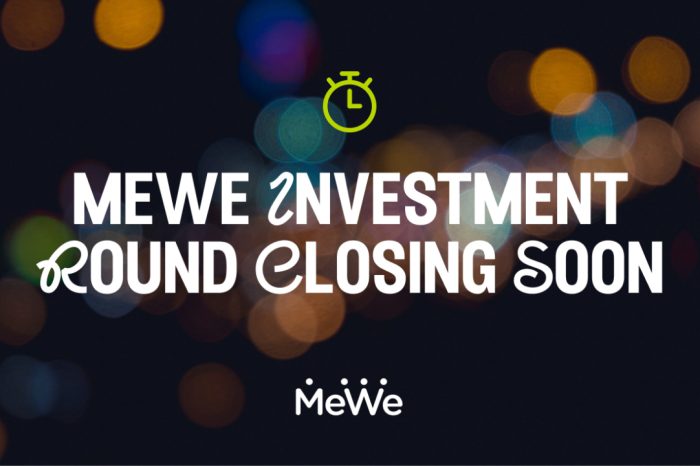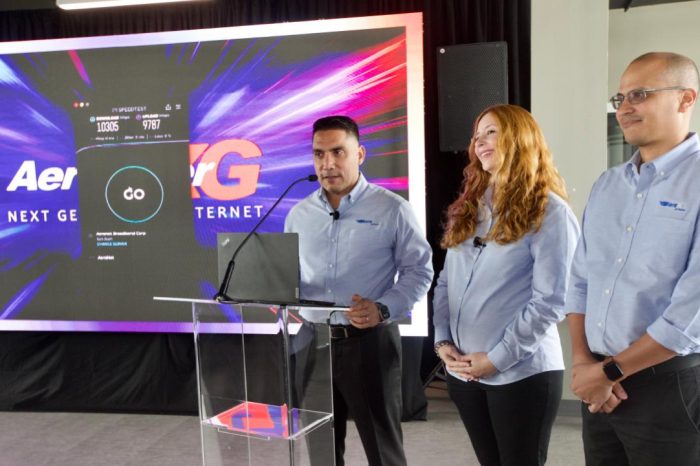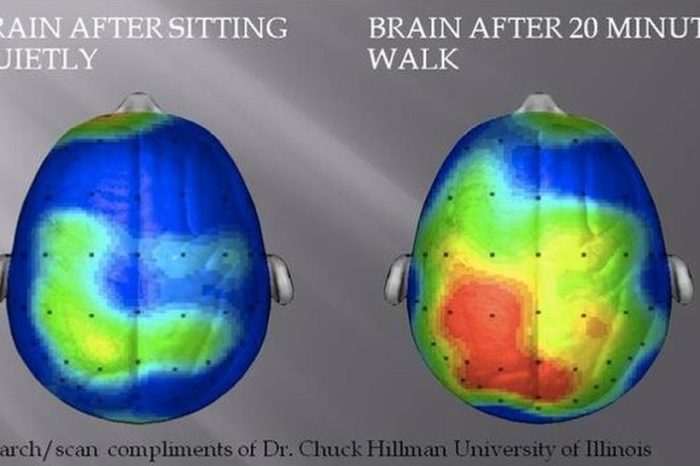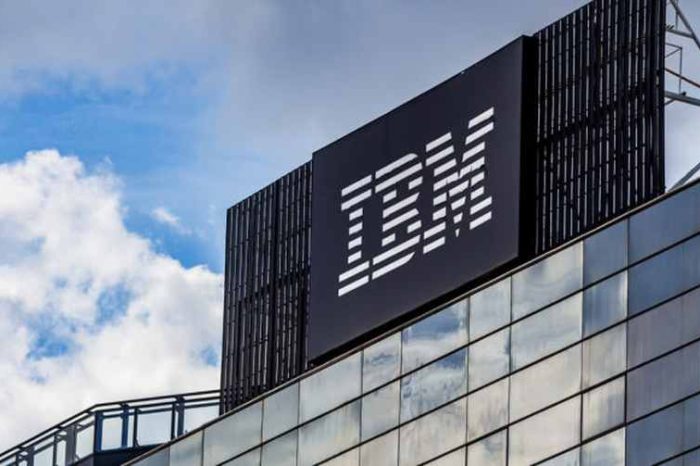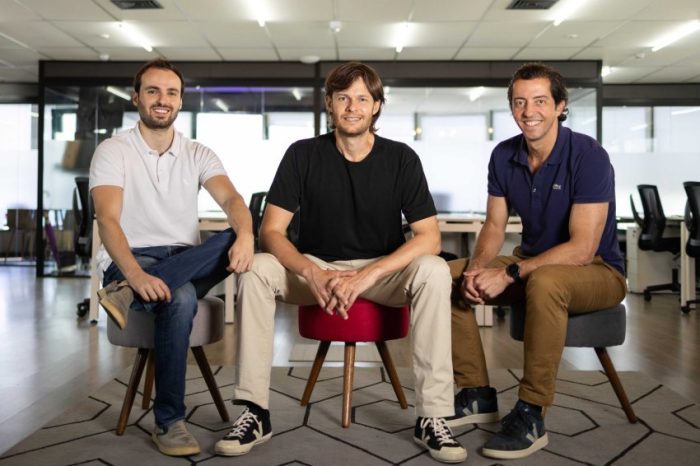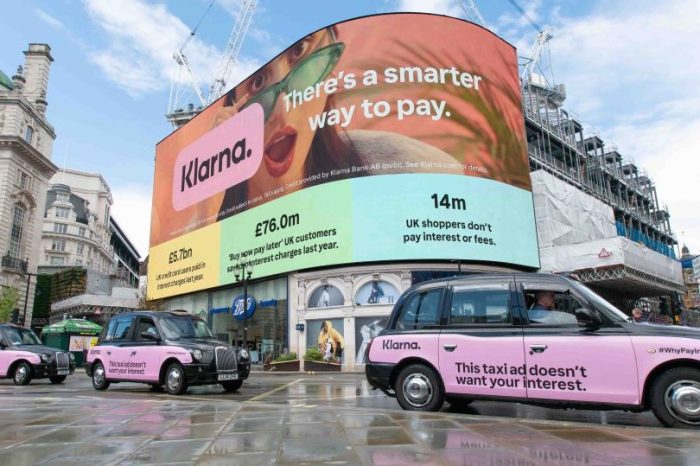It is well known that during the ages all the philosophers tried to determine what is the purpose of life and what we should do with our short life on this earth. If we knew those answers then we would know for certain where money should fit in to our lives.
I do not know the answers to these questions but it makes more sense to me and to everybody I believe to enjoy life than to suffer. So I follow the hedonist guiding principle that life is meant to be enjoyed. It is simply a matter of finding out how to do it and then doing it. This principle is also the foundation of the argument that becoming nouveau riche is a worthwhile goal.
Ashu Mathura’s three-person startup in Amsterdam is just a few months old, but it already has some big customers. His business: software that allocates space on cell-phone screens on which companies can advertise. Look up a stock quote on a cell phone in Belgium, for instance, and an ad for Postkrediet, a Dutch financial company, pops up. Postkrediet pays a fee, and Mathura gets a slice to become nouveau riche. The early returns have been so promising that Mathura wants to roll out the service next in India, where a booming but nascent mobile market lacks the means to monetize content – and has room for dozens of ventures like Mathura’s that could operate in different regions.
Mathura launched his company, called Mads, with a little over $100,000. His two developers wrote software that collects ads and serves them on mobile webpages. Mads buys ad space from content publishers – ringtone catalog sites, mobile game companies, other mobile Internet sites – and sells that space to advertisers. The same model, Mathura says, holds even more potential in India, where the number of cellular customers is expected to jump 71 percent this year to 130 million. Hundreds of content creators are popping up, but the market is highly fragmented and separated by regional dialects, making it unattractive to a major digital-media player like Razorfish. “These are mom-and-pop developers creating content for a huge number of local markets,” says Taha Rangwala, an analyst with Pyramid Research. These shops don’t have the money or time to hawk ad space, Mathura says, and they’re eager for the revenue.
Then he jumped that train to board another with the destination ‘mobile advertising’. Tim Green quizzed him…
How and why did you make the jump from mobile games development to mobile advertising?
I set up Overloaded at the early stage of mobile gaming. After we sold to MobileMedia, I decided to leave and focus my energy on the next start-up. I always had a hard time understanding why it was so difficult to get around the operator. The simple answer was, you needed them for billing and access to consumers.
On the internet this was solved by free ad-sponsored content. I was puzzled why this model did not exist on mobile, so in January 2006 I thought, if no one is doing it, maybe I should. I believe the mobile internet will develop like the fixed internet, but three times quicker. Given the current hype around mobile advertising, I guess I was right.
Can you sum up the MADS proposition?
In essence it’s two companies. The first is like DoubleClick, with a great mobile ad server and user-profiling solution, which we license to operators and content publishers for targeted display advertising. Then we have MADS Media, which is our network of large branded content publishers. We sell access to their eyeballs to advertisers. We often work in partnership with internet media agencies and existing sales houses.
Which brands are you working with?
In the past months we did campaigns for Vodafone, Delta Loyd (finance), TUI (travel), HP, Peugeot, KPN HI and others. As well as branded campaigns, we did traffic campaigns (on a CPC basis) for publishers of ringtones, games and the like.
Has mobile advertising been over-hyped?
Mobile is good at hyping things. The promise is compelling – more people with phones than PCs; content accessible everywhere; personalised devices; one-to-one targeting, etc. Part of the hype is valid. Will it happen as fast a people want? I am not sure.
How can the industry develop a reliable form of metrics when so many operators have legacy systems that aren’t up to the job of tracking consumers’ behaviour?
Our ad server solution does that for them. Some of our clients use it to get better insights on what their customers are doing on their portals. So the ad server could be solution to the legacy of the operators and the differences between them. That’s why we are keen to promote MADS as the mobile profiling and ad server company.
What do you make of the purchases of Screentonic and 3rd Screen? Are you next?
Logical and expected. If you look at the players in the world (in number of deployments), 3rd Screen is number one, ScreenTonic number two, MADS number three and Amobee number 4. DoubleClick seems a logical candidate to acquire a mobile advertising company soon. Who knows?
This only one of inspired person who became nouveau riche.
It seems to me that most mobile advertisers at present are either mobile-specific (handset vendors, content providers etc) or huge brands that can afford to dabble. Is this true? If so, how long before the rest join in?
True! For handset vendors the fit is perfect: they can target users of their own brand or those of competing brands. Same goes for operators and CPs. In most cases traffic equals money (either in paid downloads or impressions sold to advertisers). But the other industries are picking this up. Some of our key advertisers are in automotive, and travel. It won’t take long before the laggards start advertising on mobile as well.
What can mobile advertising offer less sexy brands – financial
services, etc?
A lot! I guess all forms of direct response advertising (submit info, or click2call) will be relevant for the less sexy industries. Any advertiser that advertises on the internet can use mobile as well. And we all know that almost every brand out there is on the internet. It won’t be tomorrow, but it won’t take years.
source: mobile-ent.biz/features/21/INTERVIEW-Ashu-Mathura

